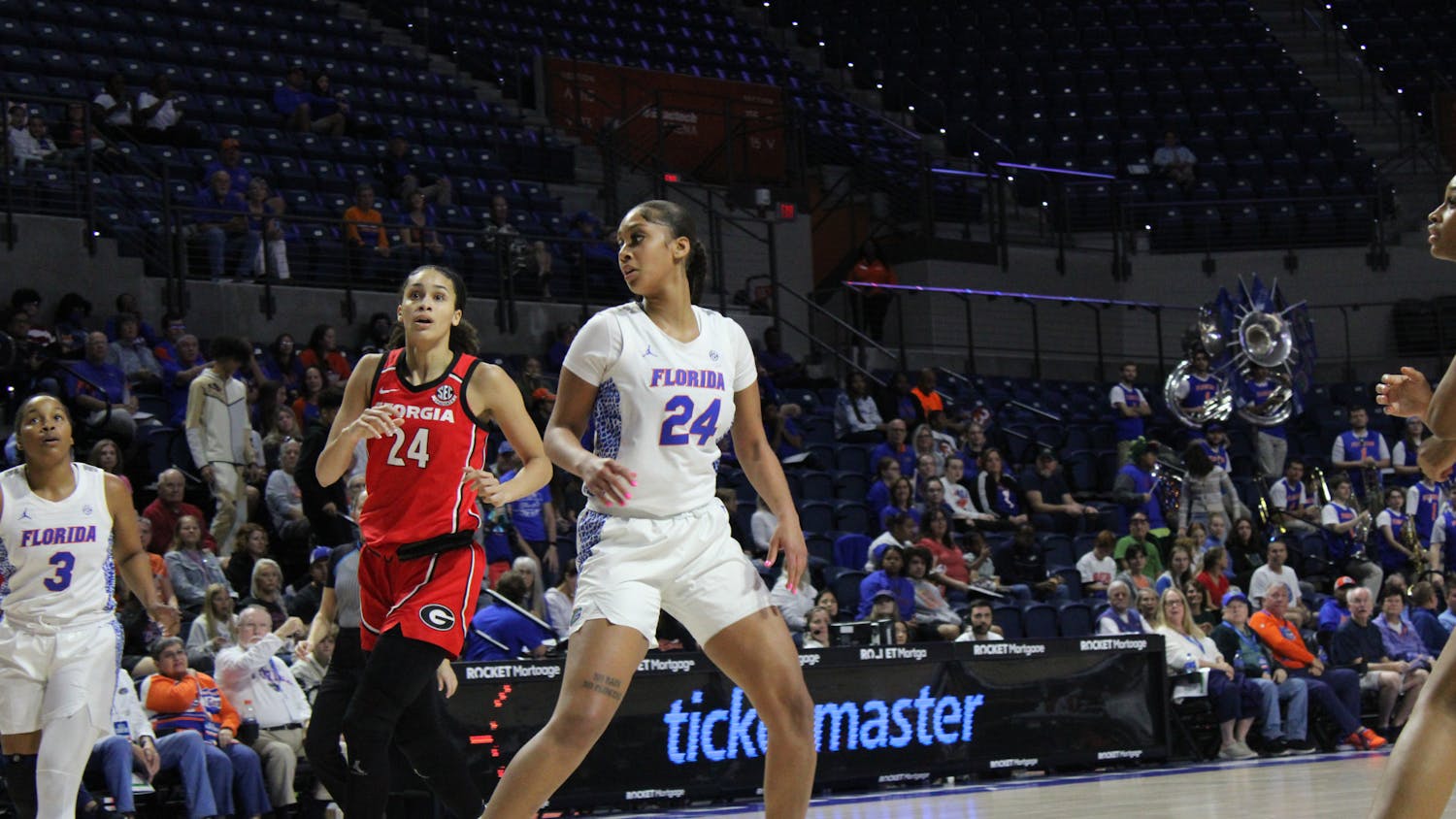Last Saturday, I was called a "cunt."
I was at the football game, shoulder to shoulder with Gator fans in a crowded mosh pit of bodies trying to enter the stadium. It came after numerous people had grabbed my waist, pushed on my shoulders and brushed their hands over my body. And then it came: "You c--t! You f-----g bitch."
I was shocked at the expletive, but I was more shocked at the reaction I got for telling my story. I posted about the event in a few UF Facebook groups as a public service announcement.
You see, women are harassed at sporting events, both physically and verbally. Sports are rowdy and fan sections are close quarters. We’re called names, we’re touched inappropriately. I wanted people to be aware of this, and I wanted to say Gator fans are better than this.
The Internet did not take kindly to the post, and people wanted to make it clear my post was unappreciated.
I posted about being harassed, so clearly I had been looking for attention. I was making it "all about me." I write about sex, so how could I even be offended at an insult?
I used profanity, so I was a hypocrite. I fueled the stigma that women are victims and are the only people harassed. I made "true" advocates look bad.
All of this was OK. It’s one thing to insult me, but then someone said I was whining because it was just a "minor grievance." Another commenter said I was creating an issue where there wasn’t one.
So let me make this clear: Sexual harassment, and harassment of any type, really, is not a "minor grievance." To call harassment a non-issue belittles how harmful and prevalent it is.
According to a 2006 study by The American Association of University Women, 62 percent of female college students report being sexually harassed at their university.
One in six American women are raped in their lifetime, and college women are three times more likely to be assaulted.
Despite these large numbers, only 26 percent of sexual assaults are reported. Only 20 percent of female student survivors ages 18 to 24 report their assaults to law enforcement.
This means only one in five women our age come forward about their sexual assaults. The number of reports for other forms of harassment — workplace harassment, street harassment — are even smaller.
These abysmal numbers should be no surprise if this is the reaction every time a woman comes forward: "Quit whining. You’re just trying to get attention. You’re making a big deal about nothing."
Labeling harassment and assault as "no big deal" is why survivors do not come forward. They feel ashamed, they feel embarrassed, they feel like they’re making a fuss about nothing and they’re afraid they won’t be believed.
Putting women down for speaking up about harassment, like people did to me, shames them for something that is not their fault. If someone sees another person being attacked for telling their story, they learn not to say anything at all, lest they be blamed or insulted similarly.
One woman told me my post would accomplish nothing. Progress would never happen just because of one measly Facebook post, according to her comment. I have to hope this isn’t true.
When one person shares a story, it encourages other survivors to come forward and say, "This happened to me, too. This is a problem. We need to find a solution."
Maybe no one realized women are harassed at football games. Now that they see it’s an issue, that it affects real people, now that they have a face to put on a broad problem, they’ll be more likely to look out for it and step in.
This week is UF Student Government’s 2015 Sexual Assault Awareness Week, and the theme is "It’s On Us." And it really is.
It’s on us to encourage people to come forward about all types of harassment. It’s on us to listen and support people, not shame them for telling their stories It’s on us to fight against sexual harassment and assault and to speak up when we see it or when we experience it.
But most importantly, it’s on us not to stand for harassment or assault in any form. If you want to shame someone, shame the perpetrator, not the survivor for coming forward.
Robyn Smith is a UF journalism senior. Her column appears on Fridays.





